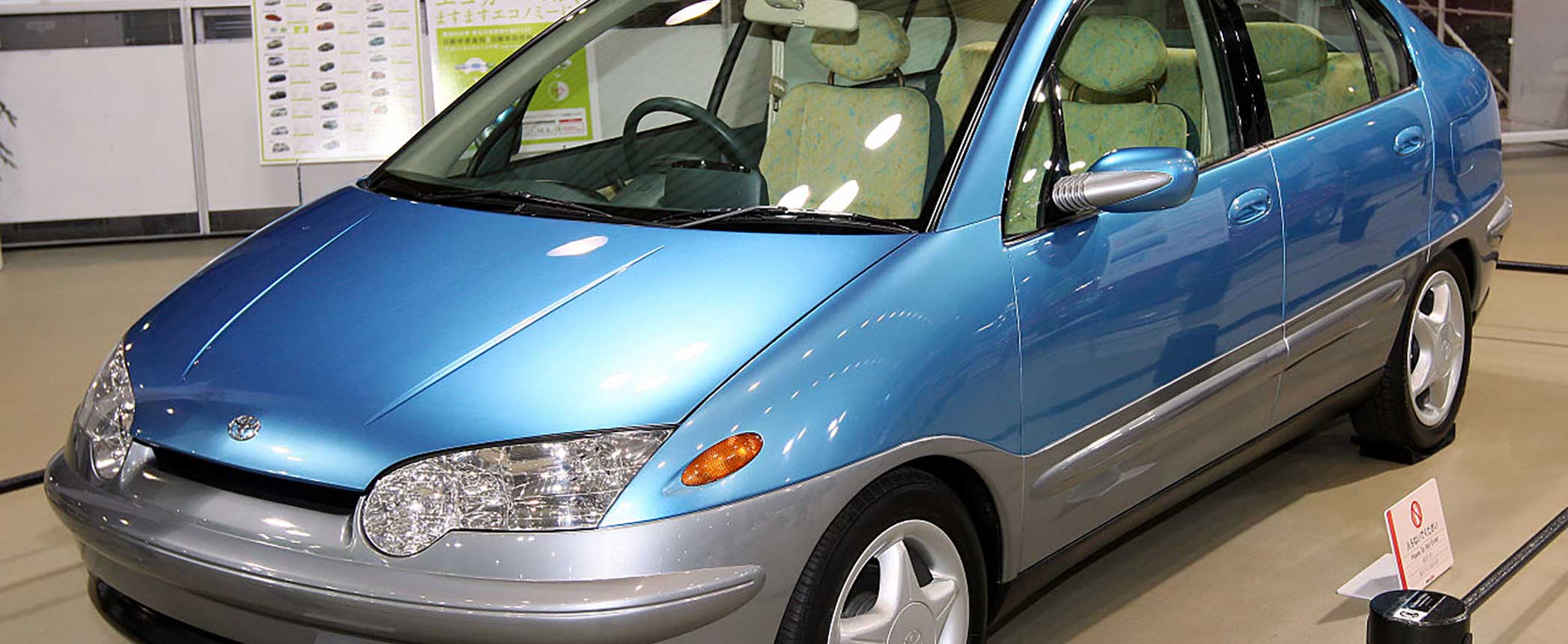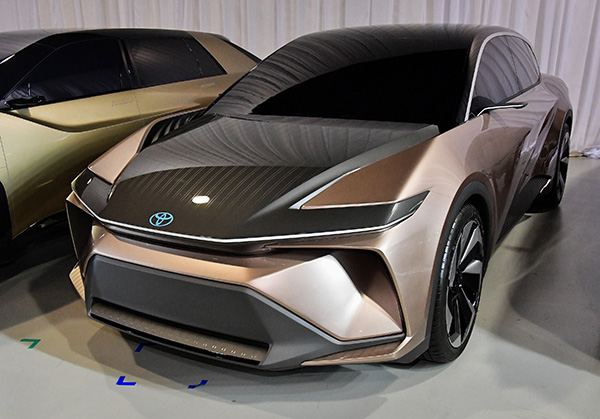
The Japanese car giant has big plans for EV and battery production.
Toyota Motor Corp. plans to introduce battery electric vehicles next year and to provide electrified versions of all its vehicle models starting in 2025, according to a senior official at the Japanese carmaker.
“There is a sudden surge in electrification at a pace exceeding Toyota’s initial challenge to popularize BEVs declared in 2017,” Yamamori Kazuo, project manager for material engineering division number two of Toyota’s tribology material department, said during a presentation at the ICIS Asian Base Oils & Lubricants Conference in Singapore in June.
The company began producing the Prius, its top-selling hybrid, in 1997. The car has since evolved from the original self-charging model into its current plug-in variant.
By 2030, Toyota will produce more than 4.5 million hybrid EVs and plug-in hybrid EVs and more than 1 million BEVs and fuel-cell EVs. Although the company declined to disclose further details, Kazuo said Toyota is five years ahead of its electrification targets.
To get the ball rolling, the company announced it will launch an ultra-compact two-seater car designed for short journeys, with a maximum speed of 60 kilometers per hour and a range of 100 km on a single charge.
Toyota has set a target to reduce global average carbon dioxide emissions during operations from new vehicles by 90 percent by 2050 from the company’s 2010 global level. The car giant also announced that it would allow free access to its hybrid patents until 2030 to encourage lower-emission technology.

According to statistics released by the International Energy Agency, global electric car sales reached 1.98 million units in 2018, increasing the current population to 5.12 million. China was the largest market, with about 1 million electrified cars sold in 2018, followed by Europe with 385,000 units and the United States with 361,000 units. The share of all electrified cars taken up by EVs in the three regions combined accounted for more than 90 percent of global EV sales last year.
Despite a growing EV population, internal combustion engines, “will remain a major power source for various types of electrified vehicles,” said Kazuo.
Citing IEA projections to 2035, he noted that the majority of the global light vehicle population will continue to rely on ICEs in some form, including plug-in hybrid diesel, plug-in hybrid gasoline, diesel hybrid and gasoline hybrid vehicles.
Toyota is forming a number of battery and automobile production partnerships. The company announced it would develop a midsize and large passenger BEV platform and a BEV sports utility vehicle with Subaru Corp. The vehicles will be individually badged by both companies. Toyota and Subaru have a track record of collaboration, with Toyota supplying the plug-in hybrid technology for Subaru’s Crosstrek PHEV, only available in the United States.
In China, Toyota signed an agreement with automaker BYD to jointly produce sedans and SUVs. It also formed a battery supply partnership with Contemporary Amperex Technology Co., the world’s largest automotive battery maker. In addition, Primearth EV Energy Co., Toyota’s battery-making subsidiary, will set up a fourth hybrid battery plant in China. The plant, to be completed in 2021, will produce about 100,000 nickel-metal hydride batteries per year, raising total output to 400,000 units.

Sorry, a technical error occurred and we were unable to log you into your account. We have emailed the problem to our team, and they are looking into the matter. You can reach us at cs@lubesngreases.com.
Click here link to homepage